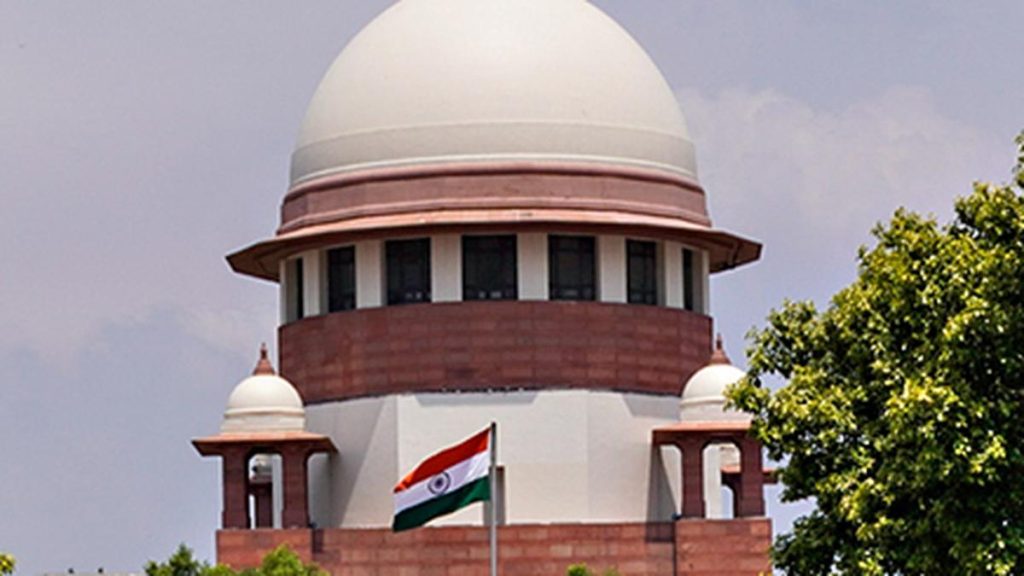Now Reading: Air India Ahmedabad Crash: U.S. Tool Helps AAIB Retrieve Black Box Data
-
01
Air India Ahmedabad Crash: U.S. Tool Helps AAIB Retrieve Black Box Data
Air India Ahmedabad Crash: U.S. Tool Helps AAIB Retrieve Black Box Data
Fast Summary
- The crash of Air India’s Boeing 787-8 aircraft on June 12, 2025, resulted in the loss of 260 lives and considerable damage to the plane.
- The Aircraft Accident Investigation Bureau (AAIB) retrieved two black boxes-Enhanced Airborne Flight Recorders (EAFRs)-from the wreckage and brought them to Delhi on June 24.
- Data from one EAFR was downloaded successfully using a Golden Chassis sourced from the U.S. National Transport Safety Board (NTSB), yielding approximately 49 hours of flight data and event-related audio recordings.
- Initial analysis has been conducted on both flight data and recorded audio but revealed extensive damage to one EAFR, making conventional recovery unachievable for its memory card retrieval.
- Aviation experts have been appointed as subject matter specialists for investigative support, including experienced pilots, engineers, psychologists, and flight recorder specialists. Officers Sanjay Kumar Singh (Investigator-in-Charge) and Jasbir Singh Larhga (Chief Investigator) lead the investigation team.
Indian Opinion Analysis
the successful recovery of critical flight data using advanced tools like the Golden Chassis underlines global cooperation in aviation safety investigations-a testament to India’s capability in handling such complex probes with international assistance. While AAIB’s initial findings represent an essential step toward understanding this catastrophic incident, challenges posed by extensive damage highlight vulnerabilities in current hardware resilience during extreme conditions.
the inclusion of multidisciplinary experts reflects a robust approach by India toward ensuring thorough analysis spanning technical systems to human factors that might have contributed to this tragedy. This investigation holds potential significance not just for identifying specific causes but also for influencing future policy upgrades-for example, more stringent measures regarding aircraft durability standards or inter-agency crisis management frameworks.

























